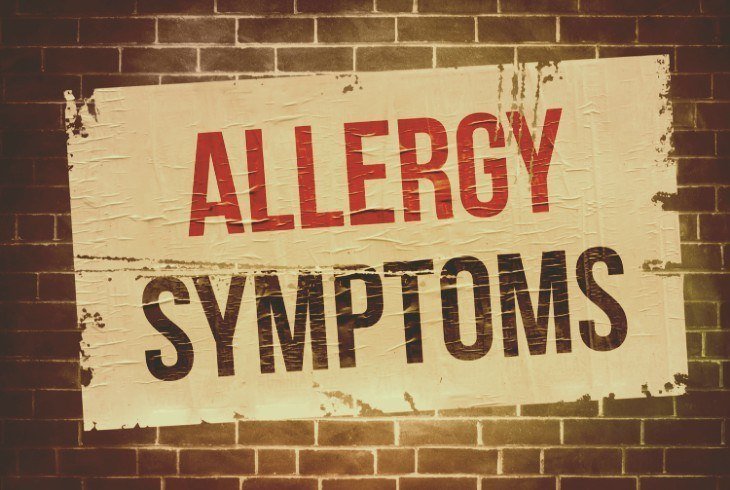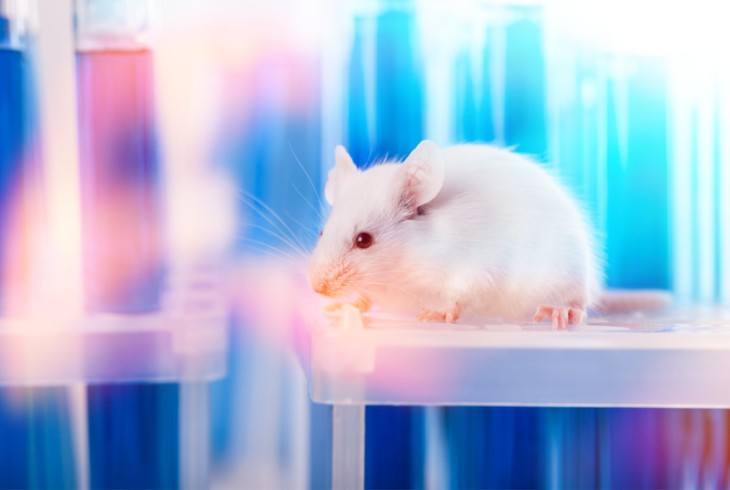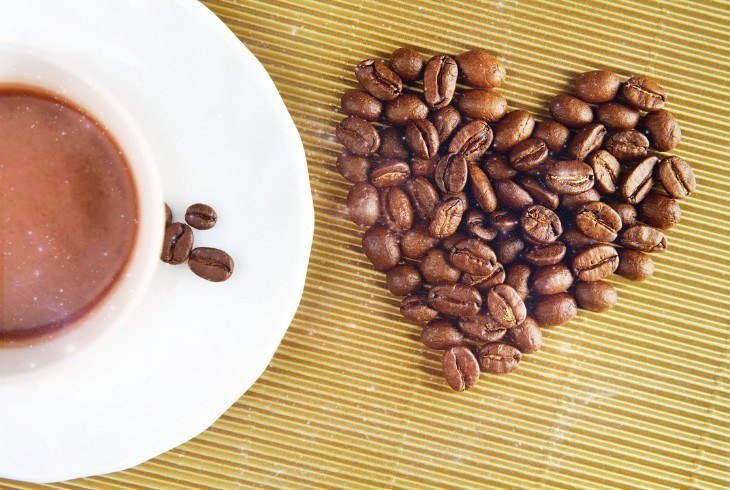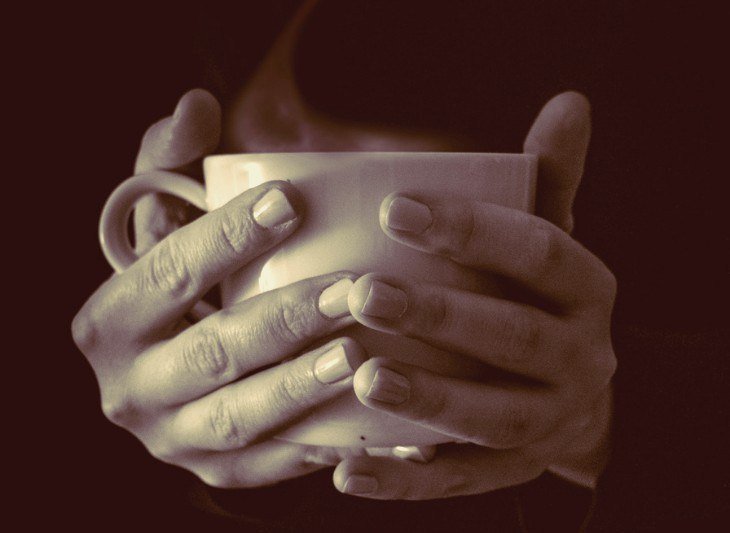I scream, you scream, we all scream for … coffee? Sincere apologies to ice cream, but most people can live without it. However, avid coffee drinkers can’t live without java. Many will attest that they can’t even begin their day without a sweet cup of liquid motivation.
The beauty of coffee doesn’t just lie in its potent ability to wake us up and get us going, even when we don’t quite feel like it. The fact is that coffee has numerous health benefits, whether it’s an occasional treat or you drink it every day.
Now, this may come as a shock to you, especially since nearly every other drink that we love to consume is bad for us. Think about all those energy drinks, sodas, and diet sodas and all those horrible fake sugars they contain. That’s one quick way to ruin your health.
However, when it comes to coffee, there are a bunch of health benefits you may not be aware of, beginning with its ability to reduce allergy symptoms.

How Coffee Reduces Allergy Symptoms
According to researchers in South Korea, as reported by BBC News, “Drinking a strong cup of coffee can relieve the symptoms of hayfever and prevent severe allergic reactions.”
This includes nut allergies, allergic reactions to bee stings, and even severe responses like anaphylactic shock ― a deadly type of allergic reaction.” Researcher Hyung-Min Kim says about caffeine, “it may be effective in chronic allergic disorders.” This means that it can help those who are suffering the most.

Researchers tested their theory on rats by injecting them with a synthetic compound designed to initiate the release of large amounts of histamine quickly, thereby simulating an anaphylactic shock response. What they discovered is that, among the rats that weren’t given any caffeine, all died due to their fatal allergic reactions. However, when the rats were given caffeine, many of them survived.
How much caffeine did it take to prevent an allergic reaction? Only 0.1 milligrams of caffeine per kilogram of body weight, which amounts to just one strong cup of coffee for most people.
Kim’s theory is that caffeine reduces the release of histamine. For people who suffer from allergies, their mast cells release the compound due to certain triggers like pollen, dust, and pet dander.

Most people combat their allergies by taking over-the-counter medications or prescription antihistamines. Perhaps, coffee can provide a more natural option. However, some people in the medical community are still doubtful.
Among those who doubt Kim’s findings are Dr. Fayed Assem at University College London's pharmacology department. According to Dr. Assem, "caffeine works to an extent, but I would expect it to have a small effect, not a dramatic effect." He also added that for a person to experience allergy relief from drinking coffee, one would have to drink more coffee than is reasonable.
With so much conflicting medical information online, there are likely resources out there suggesting that breathing is bad for your health. Such is the internet age. However, coffee has been widely studied, and the benefits are numerous.

Other Health Benefits of Coffee
Beyond its possible use for those with allergies, there are many other health benefits to drinking coffee. Here are five reasons why you should feel good about drinking your morning cup of joe:
The Power of Antioxidants
Coffee is loaded with antioxidants — around 1000 of them. Why is this important, and what exactly are antioxidants?
Antioxidants help control free radical damage in our bodies. Free radicals are unstable molecules (cells) that are missing an electron, which sends them on a thieving spree to poach electrons from healthy cells, thereby destabilizing them and turning them into free radicals themselves.
If this is your first time hearing this, it may sound like an episode of The Walking Dead. Don’t worry. This is a very normal biological activity. The trick is striking the right balance, and antioxidants allow our bodies to do that by keeping free radicals in check.
Free radical damage has been linked to many diseases, including cancer and cardiovascular disease ― two leading causes of death in our modern world.
Cognitive Benefits
Drinking coffee has several cognitive benefits, such as improving memory, curbing depression, and preventing cognitive decline as we age, and this includes the prevention of both dementia and Alzheimer’s disease.
The theory is that caffeine helps to prevent the buildup of beta-amyloid plaque ― a precursor to Alzheimer’s. Researchers also theorize that since drinking coffee has been shown to decrease the risk of type 2 diabetes, which increases the risk of dementia, coffee can also help prevent dementia from developing.
Skincare Benefits
Usually, the health benefits of coffee are obtained from consuming it. In this case, you’re actually going to apply it directly to your skin.
Those antioxidants will help nourish your skin, and it can help with everything from acne and sun damage to wrinkles and other signs of aging. Just note that splashing hot coffee on your skin is a bad idea; dilute it with some cold water first or apply only the coffee grounds.
Good for Your Liver
Studies show that coffee can lower the incidences of cirrhosis of the liver, particularly when caused by alcohol. Coffee inversely impacts blood levels of liver enzymes. When these enzymes are elevated, you’re more susceptible to inflammation and liver damage. As coffee consumption goes up, enzyme levels go down.
Better Exercise Performance
Everyone probably knows that exercise is healthy. But did you know that coffee, and especially the caffeine in coffee, can help you exercise harder and longer? It does this by helping you fight fatigue and increasing endurance through stronger muscle contractions and elevated levels of fatty acids in the blood.

Are You Allergic to Coffee?
Sadly, this is a real thing. It’s not common, but for those of you who are allergic to coffee (our condolences), you’ll want to abstain from drinking it.
According to Dr. Stacey Sampson, if you have a coffee allergy, “The immune system then responds to coffee in a similar way to how it would respond to pathogens, such as bacteria and viruses."
Dr. Sampson adds that your body releases histamine to destroy the coffee invader, even though that invader isn’t a real threat. If you’re experiencing any of the following, you could be allergic to coffee.
Some Suggestions for Allergy Sufferers
It's important to determine where your allergy symptoms are coming from. Because we drink coffee first thing in the morning, we may incorrectly associate morning allergy symptoms with the wrong stimuli — and it would be a crime to unnecessarily blame coffee.
For instance, if you're sleeping with your pet at night, you may be having an allergic reaction because of your pet. If you discover that you have an allergy to dander, you may want to ask Fluffy and Fido to sleep on the floor. For those of you who have allergies, pet hair can make your symptoms worse. Therefore it's important to get rid of pet hair around your house to reduce allergy symptoms. Seeking out a quality vacuum for pet hair within your budget can do wonders for your allergies.
It’s also worth noting that allergies should be taken seriously, especially those that affect the eyes. Be proactive when looking for preventative steps to reducing allergy symptoms that can affect your eyes. For instance, if you wear contact lenses, you’ll need to take measures to avoid having itchy eyes, including cleanliness when handing your lens.
When it comes to your health, one size never fits all. One person’s medicine can be another person’s poison. However, this means little if you’re one of those rare cases that are allergic to the sweetly roasted coffee bean. Oh, the horror!




